Fumaric Acid Stockfeed Grade
NORBIDAR is a professional manufacturer and supplier of feed-grade fumaric acid. We are dedicated to providing innovative solutions for animal nutrition and health. With years of expertise in fumaric acid production, we supply high-quality additives that improve feed efficiency, animal growth, and gut health.
Our stockfeed grade fumaric acid is widely recognized for its purity, consistent quality, and reliable performance across different animal feed applications. Whether for poultry, swine, ruminants, or aquaculture, NORBIDAR delivers fumaric acid that improve feed efficiency and promote the well-being of your livestock.
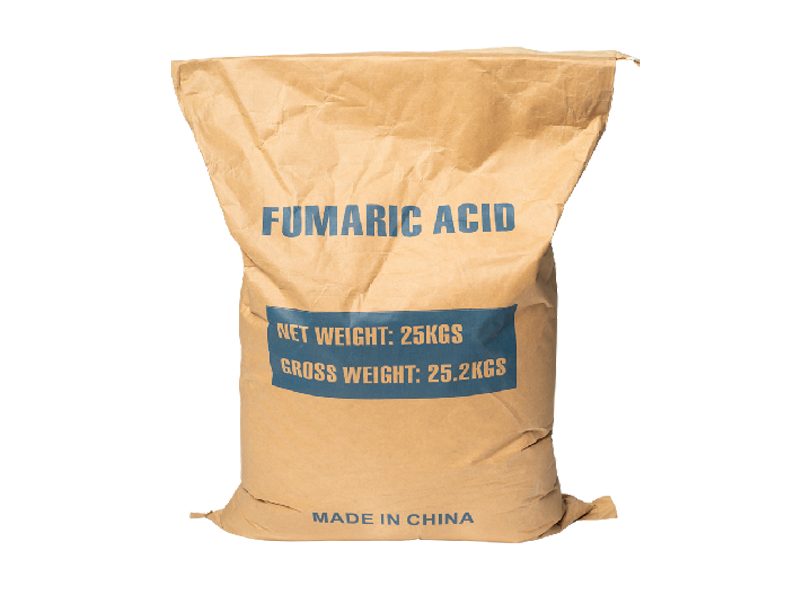
Fumaric Acid: Enhance Animal Nutrient and Gut Health
Fumaric acid is a well-researched organic acid used in animal feed. It plays an important role in optimizing nutrient utilization and maintaining gut balance. At NORBIDAR, we focus on providing stockfeed-grade fumaric acid that supports long-term animal health and farm productivity. By acting as both a feed additive and a natural acidifier, fumaric acid offers multiple benefits:
- Improves palatability and feed intake.
- Balances gastrointestinal pH levels.
- Inhibits harmful bacteria.
- Enhances nutrient digestion and energy metabolism.
- Acts as a preservative to maintain feed quality.

Improve Feed Palatability and Promote Feed Intake
One of the key benefits of fumaric acid is its ability to enhance feed taste and aroma. Animals are more likely to consume feed that is palatable, which directly improves feed intake. This is especially important for young animals, such as piglets or chicks, which may be reluctant to eat during the transition period after weaning or hatching.
By stimulating appetite, fumaric acid helps farmers ensure that their livestock receives consistent and sufficient nutrition from the start. This translates into stronger growth and better performance.
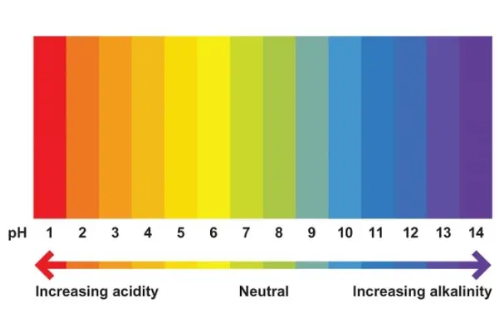
Balance and Maintain Gastrointestinal pH
Healthy digestion requires stable gastrointestinal pH levels. Young animals often struggle to regulate stomach acidity, which can lead to poor nutrient absorption and susceptibility to pathogens.
Fumaric acid acts as a natural acidifier, lowering pH in the stomach and promoting an environment that favors beneficial microbes. A stable pH also improves protein digestion and nutrient availability. For farmers, this means better feed efficiency and reduced risks of digestive issues.
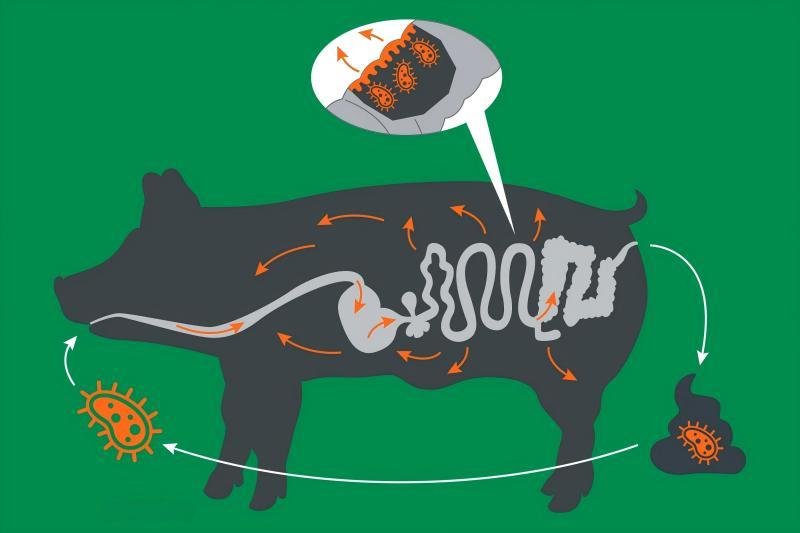
Inhibit Pathogenic Bacteria and Improve Intestinal Health
Fumaric acid exhibits antimicrobial properties. And pathogenic bacteria such as E. coli and Salmonella thrive in higher-pH environments. By acidifying the gastrointestinal tract, fumaric acid inhibits these harmful bacteria, while supporting beneficial lactic acid bacteria.
This creates a healthier gut microbiome, which is the foundation of strong immunity and efficient digestion. Animals with balanced intestinal flora show fewer digestive disorders, reduced mortality, and improved performance.
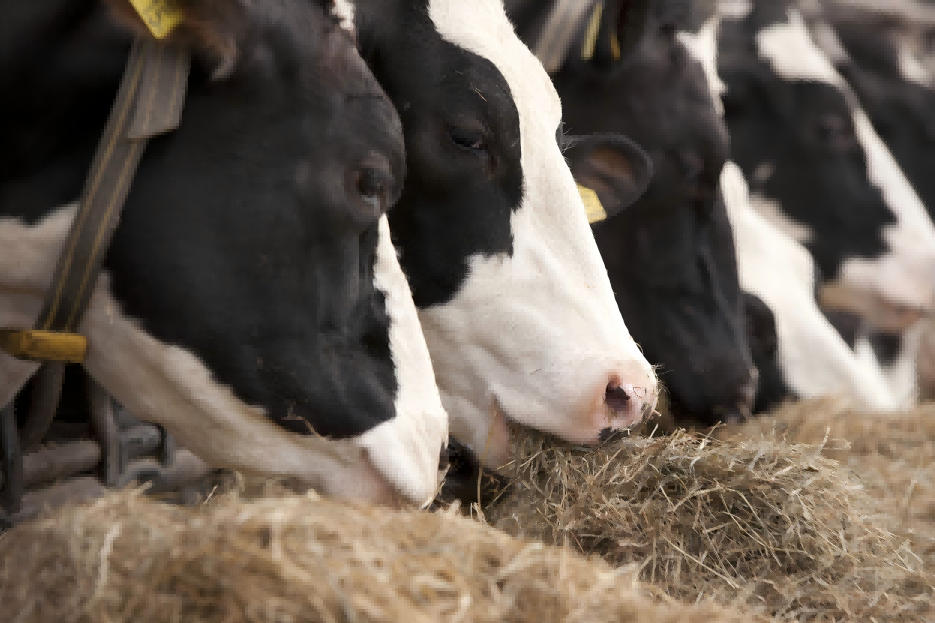
Enhance Nutrient Utilization and Digestive Efficiency
Efficient nutrient utilization is critical for modern farming. Fumaric acid stimulates the secretion of enzymes. These enzymes break down proteins and starches. This process improves mineral absorption, especially calcium and phosphorus. As a result, growth performance and feed conversion are enhanced.
By breaking down feed more effectively, animals gain maximum value from every bite. Farmers benefit from lower feed costs, better growth rates, and improved return on investment.
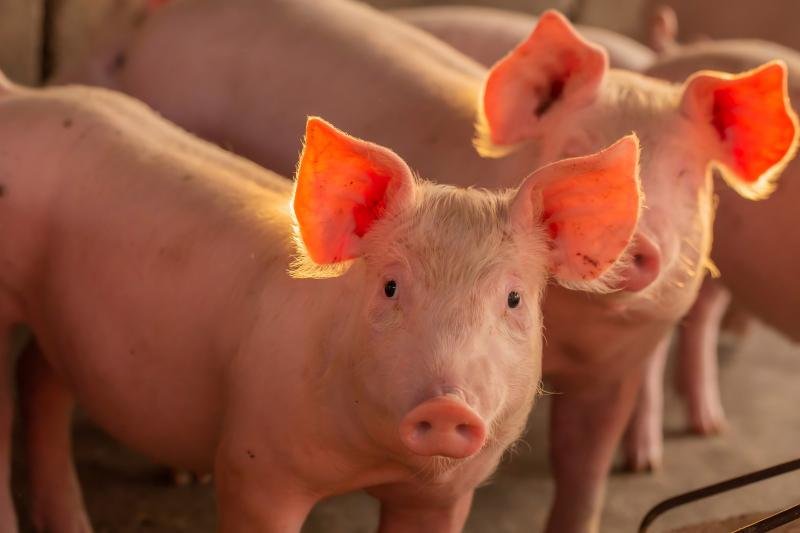
Support Energy Metabolism in Animals
Fumaric acid is an intermediate in the tricarboxylic acid (TCA) cycle. It plays a role in the Krebs cycle, which is central to energy metabolism in animals. By supporting efficient energy release from nutrients, fumaric acid ensures that animals have the energy needed for growth, reproduction, and overall productivity.
This is particularly valuable in intensive farming systems, where energy efficiency directly impacts profitability. This makes fumaric acid a valuable additive in feeds designed for growth, reproduction, and lactation.
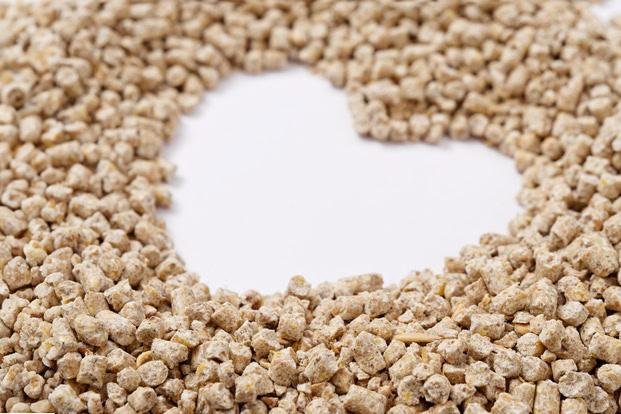
Serve As a Preservative and Improve Feed Quality
Fumaric acid not only supports animal health but also improves the stability of feed. As a preservative, it prevents mold growth and spoilage, extending shelf life of finished feeds and premixes.
Feed producers and farmers benefit from reduced losses, consistent feed quality, and safe nutrition for animals.
Guide to Purchasing Stockfeed Grade Fumaric Acid by NORBIDAR
When choosing fumaric acid for animal feed, quality and safety are the top priorities. Feed-grade fumaric acid must meet stringent purity and contamination standards to ensure animal health. NORBIDAR ensures strict compliance with international feed safety standards, providing reliable products that meet farmers’ needs.
Specifications for Feed Grade Fumaric Acid
- Purity (Assay): Typically ≥ 99.0% for feed grade.
- Maleic Acid content: Maximum around 0.1%.
- Heavy Metals (Pb): Should be very low, often ≤ 10 ppm.
- Particle Size: Fine powder, commonly around 300 mesh.
- Shelf Life: Generally around 24 months from production.
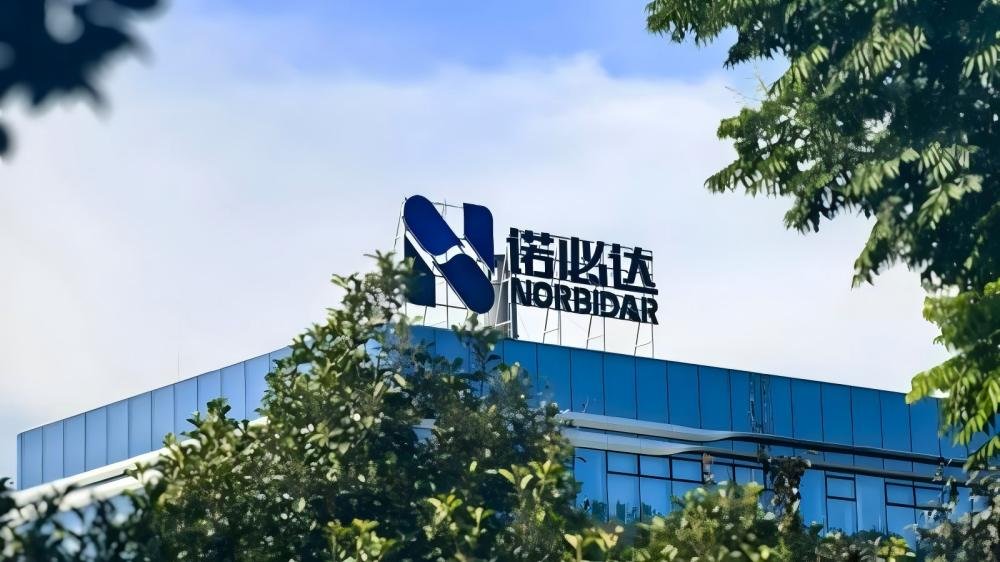

Why Choose NORBIDAR
for Next Stockfeed Project
- Expertise in production: Decades of experience as a dedicated manufacturer.
- Reliable supply: Stable production capacity to meet global demand.
- Quality assurance: Strict quality control, traceable production processes.
- Technical support: Guidance on formulation and application in different feeds.
NORBIDAR Fumaric Acid Applications in Global Animal Nutrition
NORBIDAR’s stockfeed grade fumaric acid is widely applied across modern animal nutrition programs, especially in feed concentrates and compound feeds. It delivers targeted benefits for poultry, swine, ruminants, and aquaculture. To help farmers and feed producers achieve the best results, NORBIDAR provides practical dosage recommendations tailored to each production system.
Poultry Feeds: 0.5–1.0% Inclusion to Boost Growth and Egg Quality
For broilers and layers, NORBIDAR recommends including 0.5–1.0% fumaric acid in the diet. In broilers, this supports better feed conversion, faster growth rates, and reduced risks of digestive upsets. In layers, the same inclusion enhances calcium absorption, strengthens eggshells, and contributes to stable egg production even under intensive conditions.
Swine Feeds: 0.8–1.5% for Piglets, 0.5–1.0% for Grower-Finishers
Piglets are especially vulnerable after weaning. NORBIDAR suggests 0.8–1.5% fumaric acid in starter pig diets to lower post-weaning diarrhea, stimulate appetite, and encourage smooth adaptation to solid feed. For grower-finisher pigs, a dosage of 0.5–1.0% is ideal to improve protein digestion, maximize daily weight gain, and achieve high-quality carcass yields.
Ruminant Feeds: 0.3–0.8% to Stabilize Rumen pH and Milk Yield
High-grain diets in cattle often increase the risk of acidosis. NORBIDAR recommends 0.3–0.8% fumaric acid to stabilize rumen pH, improve fiber breakdown, and enhance energy utilization. Specifically, in dairy cows, this dosage helps improve milk yield and composition, while in beef cattle it promotes more efficient growth and finishing performance.
Aquafeeds: 0.5–1.0% to Support Gut Health and Feed Preservation
Aquaculture systems demand reliable feed quality and strong disease resistance. NORBIDAR advises 0.5–1.0% fumaric acid in fish and shrimp feeds. This supports gut health, reduces pathogenic bacteria, and improves nutrient absorption in aquatic species. Additionally, its preservative effect keeps feed stable during storage, a crucial factor in humid farming environments.
FAQ About Fumaric Acid Feed Additive
Is fumaric acid safe as a feed additive for animals?
Yes. Within approved limits. It is a naturally occurring organic acid that has been widely studied and approved for use in livestock diets. In the EU, EFSA concludes fumaric acid is safe for pigs and poultry up to 20,000 mg/kg complete feed, with no consumer safety concern at those levels. In the U.S., fumaric acid is affirmed for direct use in foods (21 CFR §172.350); feed users should follow local feed regulations and good manufacturing practices. NORBIDAR supplies feed-grade material with tight impurity controls to meet these frameworks.
How does fumaric acid compare with other organic acids in growth outcomes?
Compared with organic acids like citric or lactic acid, fumaric acid offers stronger acidifying power and longer-lasting effects in the digestive tract. NORBIDAR trials show that animals fed diets with fumaric acid achieve better feed conversion ratios, higher daily weight gains, and stronger gut health. Its efficiency makes it particularly effective in young animals such as piglets and chicks, where growth consistency is critical. For many farmers, fumaric acid provides superior results with lower overall dosage.
Why use fumaric acid as an alternative to antibiotics in farm herds?
NORBIDAR recommends fumaric acid as a proven non-antibiotic solution to improve gut health and productivity. Fumaric acid lowers gut pH, suppressing pathogens like E. coli and Salmonella, while supporting beneficial flora—helping performance without driving antimicrobial resistance. Reviews of acidifiers show meaningful gains in ADG and feed efficiency, offering a compliance-friendly tool as antibiotic growth promoters face tight restrictions.
How to adjust fumaric acid levels for fish diets?
Use species-specific inclusion levels: 0.5–1.0% in poultry, 0.8–1.5% in piglets, 0.3–0.8% in ruminants, and 0.5–1.0% in aquafeeds. Introduce gradually after weaning or diet changes to support adaptation. Monitor feed intake, fecal consistency, and growth to fine-tune levels. Combine with balanced diets to maximize performance and avoid buffering losses. NORBIDAR provides technical guidance and certificates of analysis for every batch, ensuring consistent, safe, and effective use in all feed programs.
What is the difference between food grade and feed grade fumaric acid?
Food grade fumaric acid meets stricter purity requirements, often with ≥99.5% purity and ultra-low heavy metal limits, making it suitable for direct use in foods and beverages. Feed grade fumaric acid, while also highly pure (≥99%), is produced to comply with animal nutrition standards such as EFSA or FDA guidelines. At NORBIDAR, both grades undergo rigorous testing, but our feed-grade product is optimized for safety, cost-effectiveness, and performance in animal diets.
Invest in High-quality Fumaric Acid for Feed

